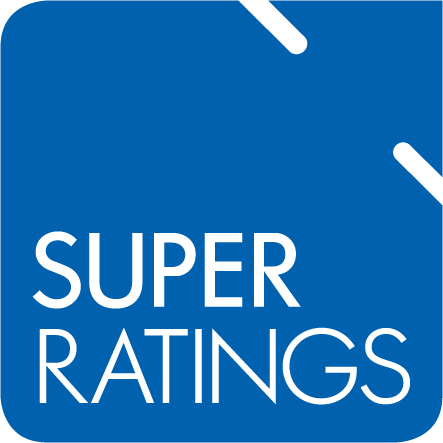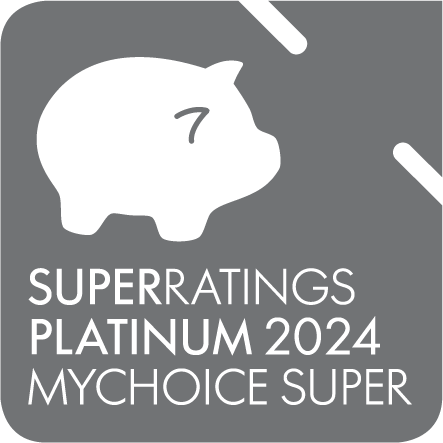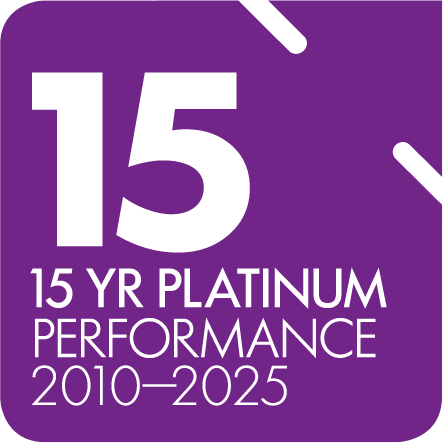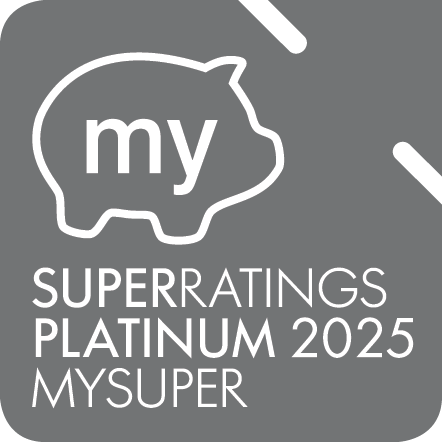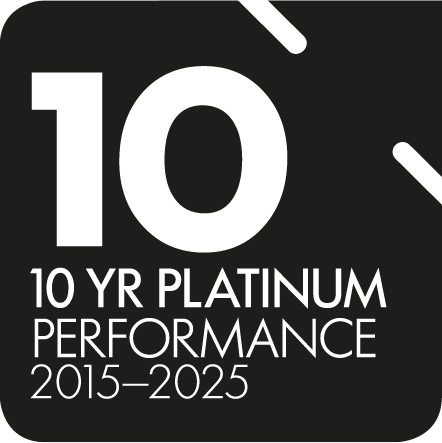Receiving a terminal illness diagnosis can be confronting and frightening. Often, this challenging time is accompanied by increased medical involvement, and a strong desire to prioritise the things that are most important to you and your loved ones.
A terminal illness benefit payment can help to ease some of the financial worries at this time by providing early access to your super.
What is a terminal illness benefit?
If you’re diagnosed with a medical illness that will reduce your life expectancy to less than 24 months, you can claim the early release of your super account balance together with any death insurance cover you have. Once your claim is approved, the total benefit payment is tax-free and paid directly to you.


